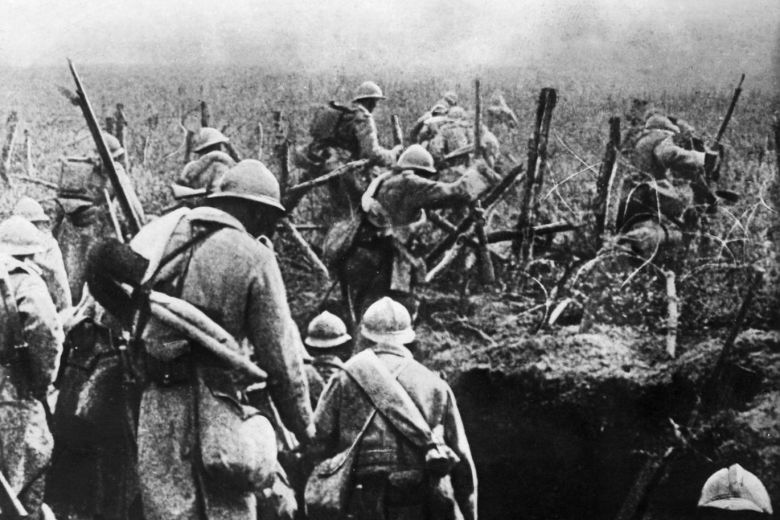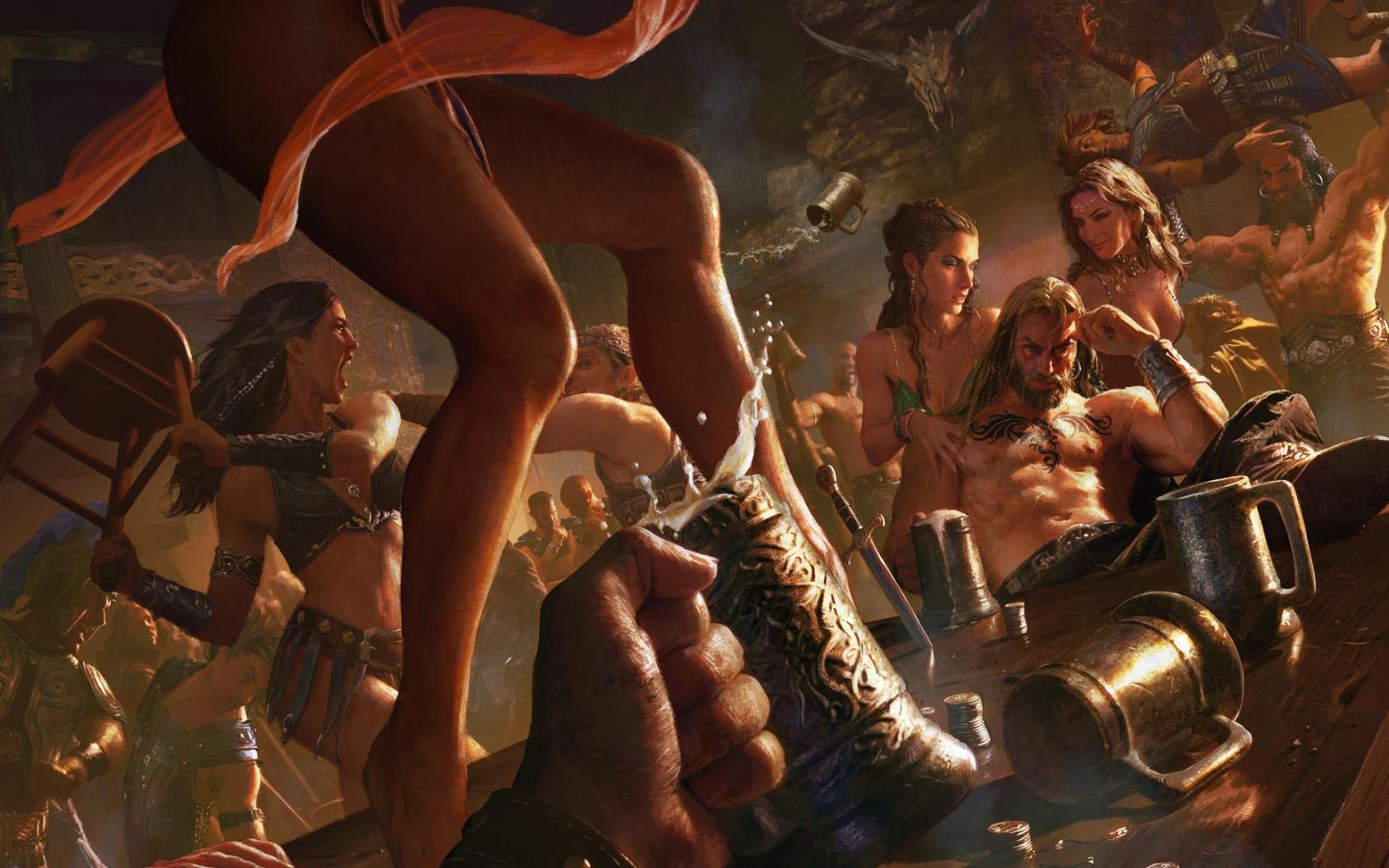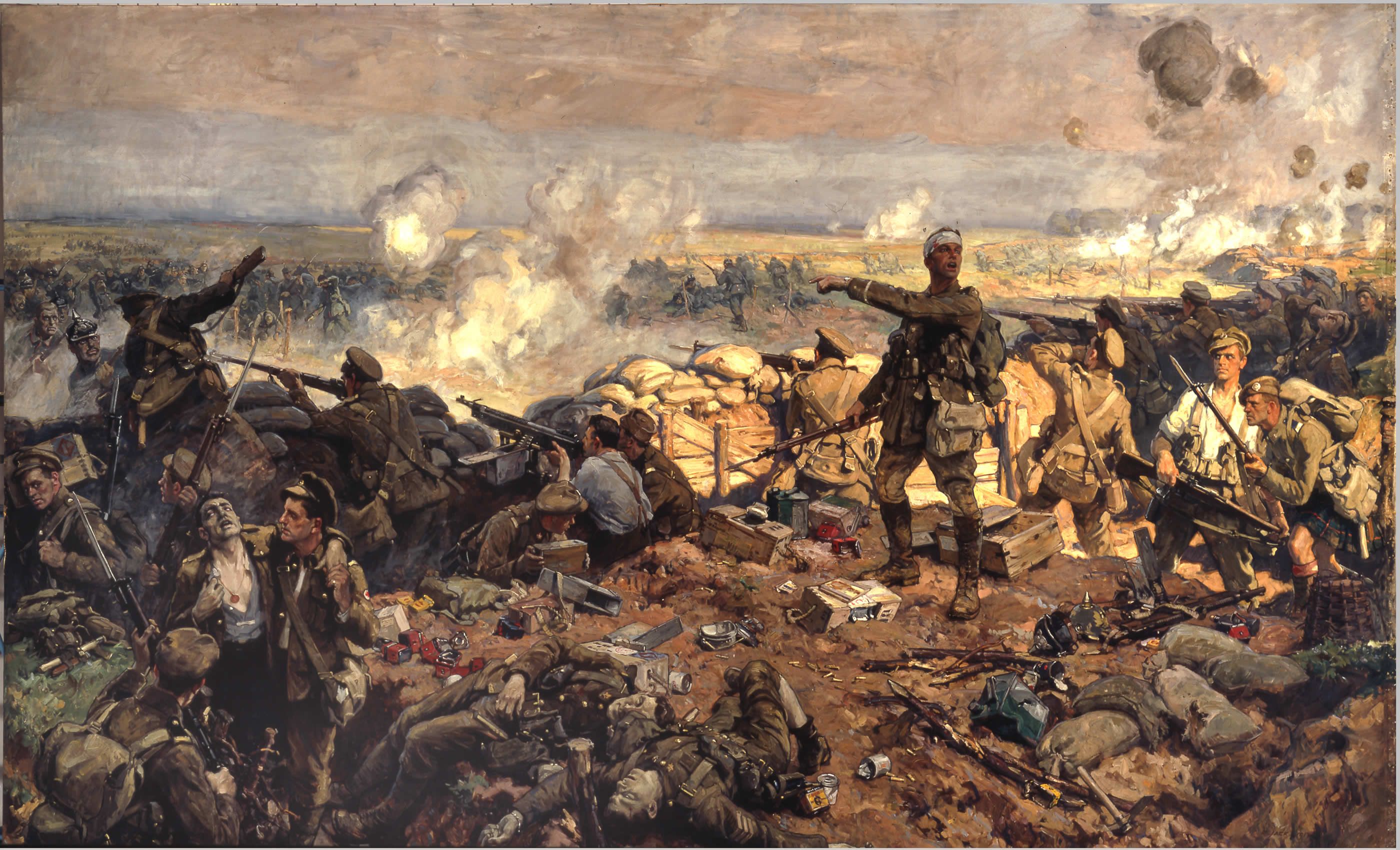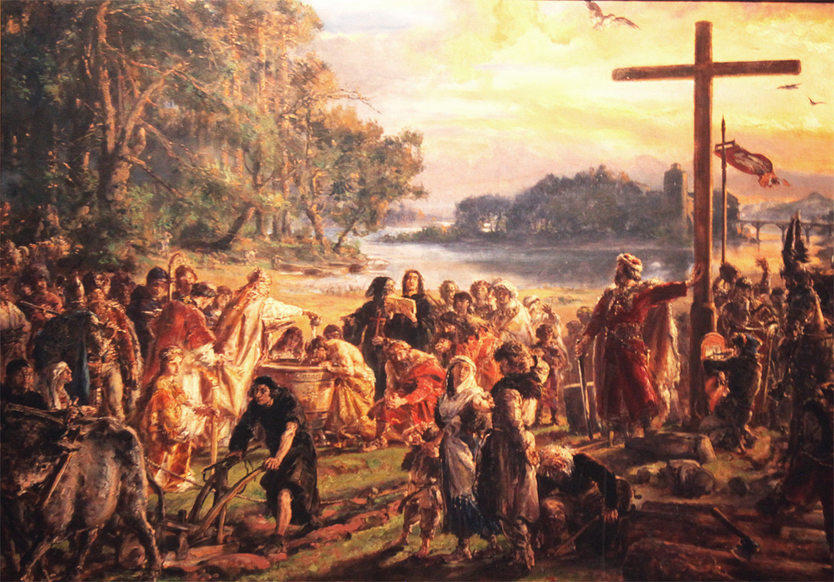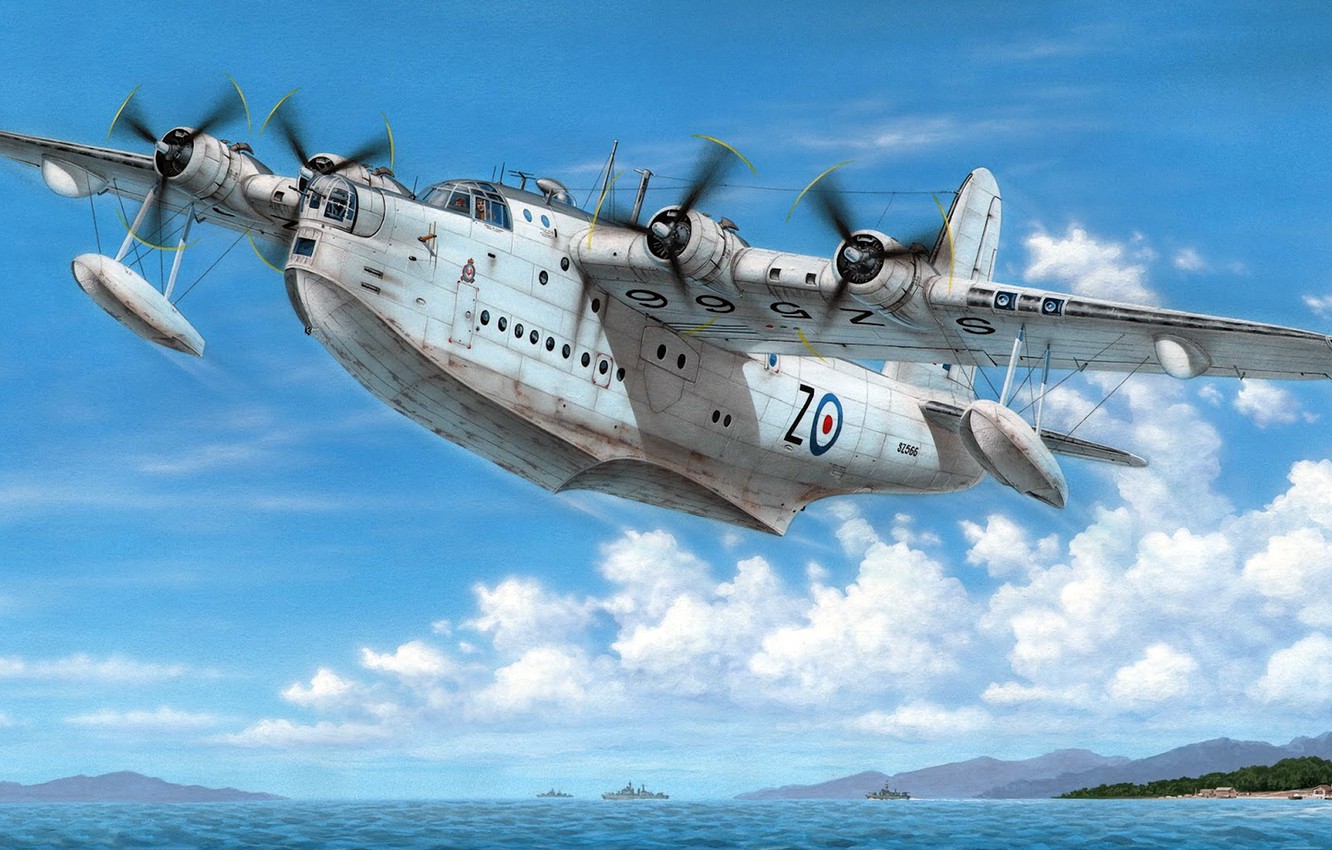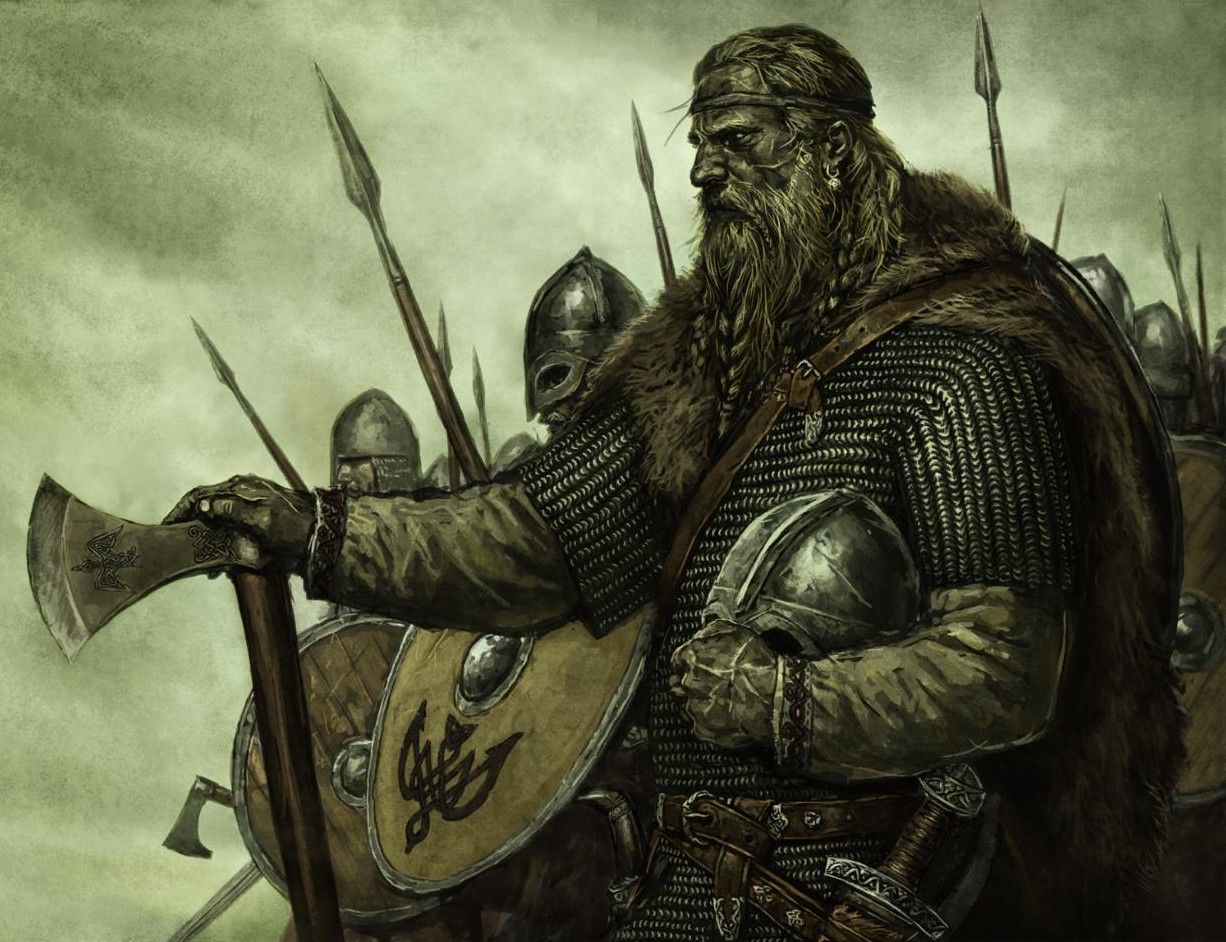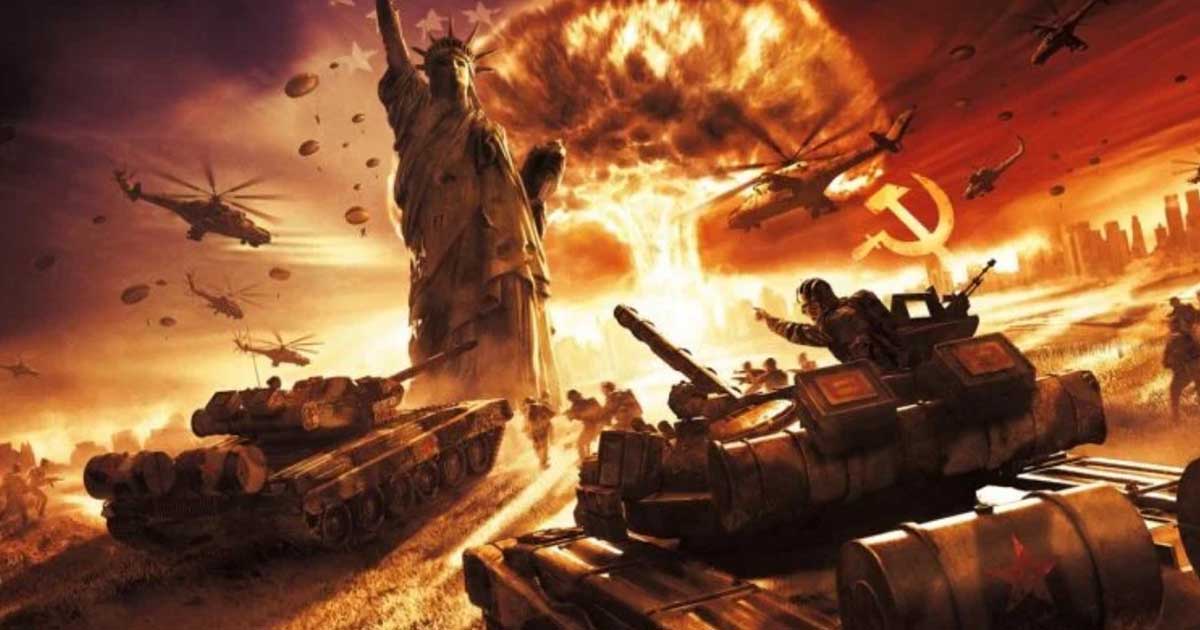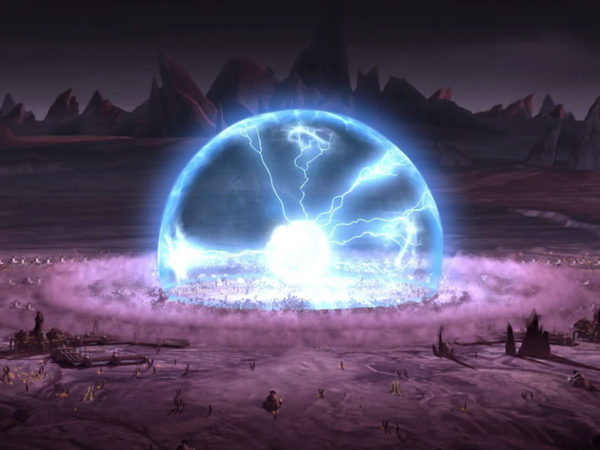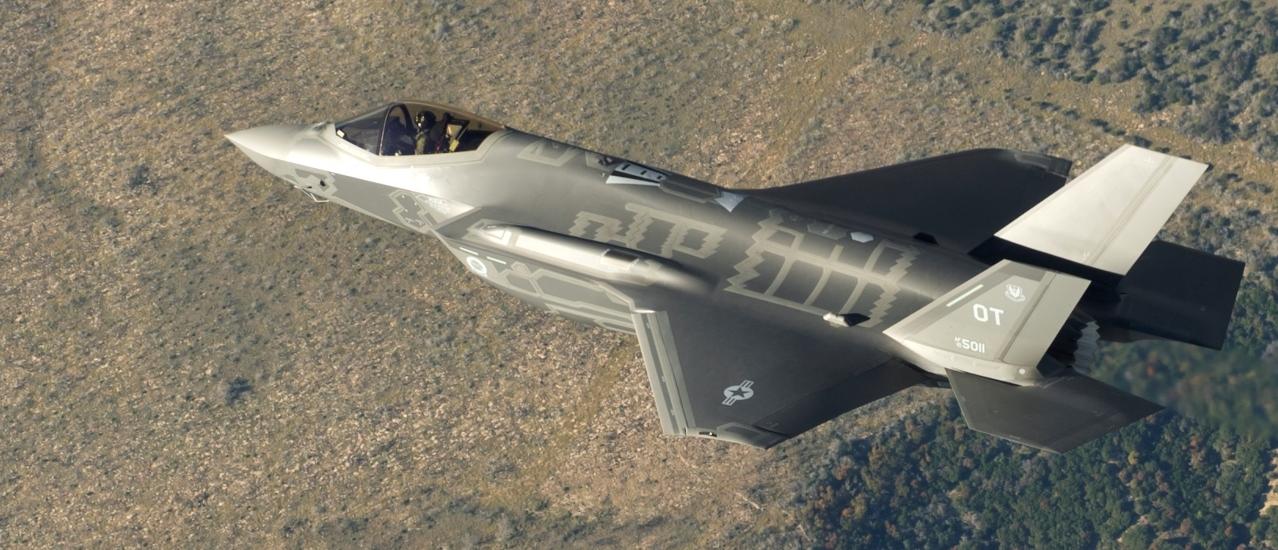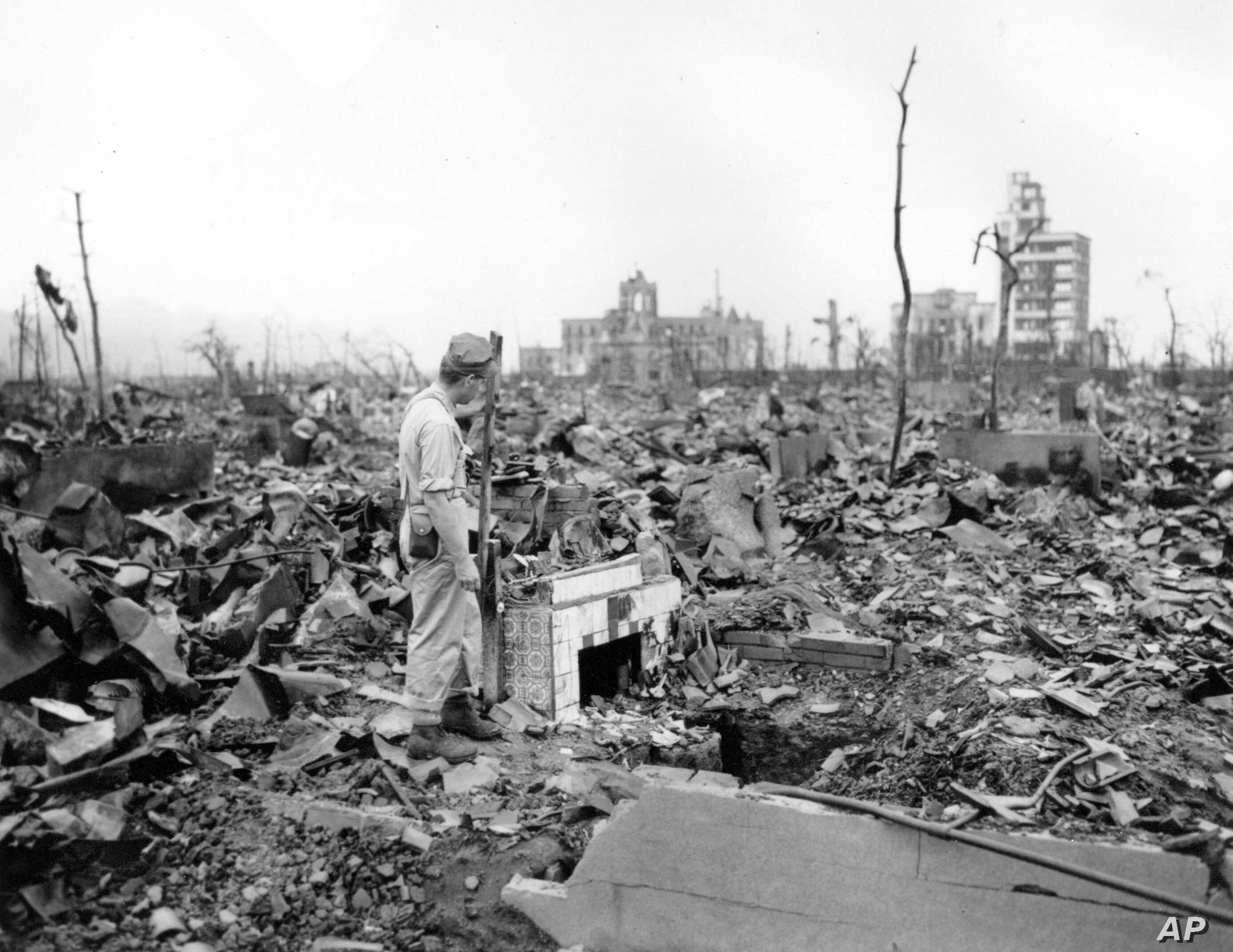How the First World War began
World War 1 started when Archduke Franz Ferdinand of Austria was assassinated on June 28, 1914. This was the immediate cause but there were a series of events which triggered the war. Over 17 million people were killed in the First World War and the impact it had on the old empires and the politics of the world was enormous, but what were the causes of WW1 and how did it start?
It has been more than 100 years since the First World War ended, a triumph still celebrated across Europe every year.
Countries once cut up into systems of trenches and no-man’s land join together to commemorate the lives lost during “the war to end all wars”.



